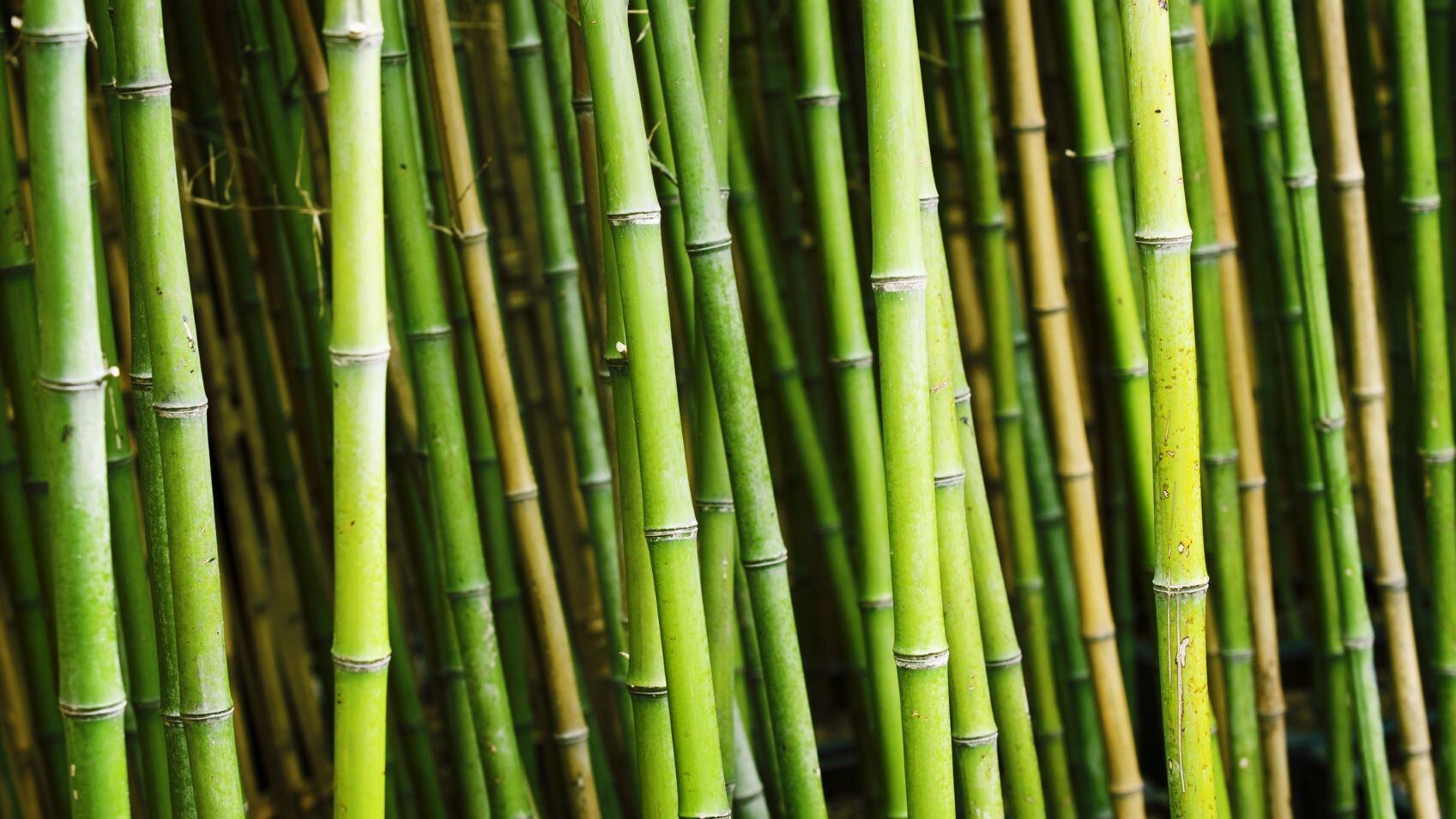Bamboo vinegar is “the condensed liquid of bamboo obtained in a high-temperature oxygen-free environment.”
Its composition includes over 200 organic chemical constituents, primarily organic acids, phenols, ketones, alcohols, and esters, with acetic acid serving as the principal component."
A study conducted by researchers from Central South University of Forestry and Technology in Changsha, China has suggested that it has potential as an anti-acne solution when paired with activated bamboo charcoal.
Previous research has found that bamboo vinegar was effective against Staphylococcus aureus, Pseudomonas aeruginosa, Salmonella enteritidis, Escherichia coli, Streptococcus agalactiae, and Candida albicans.
“In this study, the dissolved tar content in bamboo vinegar was markedly reduced after subjecting it to a two-step reduced-pressure distillation process, and its inhibitory effect on P. acnes was proved,” said the paper.
“Moreover, this study revealed that organic acids in bamboo vinegar exhibited properties similar to those of lauric and azelaic acid, both of which are known for their ability to inhibit P. acnes.”
The right carrier
According to the researchers, bamboo charcoal was an ideal carrier of bamboo vinegar because of its adsorption and slow-release characteristics.
“We used activated bamboo charcoal to adsorb the bamboo vinegar, allowing for a gradual release over a period exceeding two hours, effectively demonstrating a slow-release effect,” said corresponding author Sheng Zhang.
The release rate of the bamboo charcoal/bamboo vinegar complex in water reached 70.57% within 15 minutes before slowing to a plateau.
According to the researchers, this slow-release behaviour aligns with the Ritger-Peppas model, which is beneficial in relieving “the irritation of bamboo vinegar to the skin and lengthen its bacteriostatic duration.”
Limitations
Bamboo vinegar is a permitted raw material specified in the Catalogue of Cosmetic Raw Materials published by the China Food and Drug Administration (CFDA).
However, the bamboo vinegar that is commercially available contain impurities, including tar, the main hazardous substance.
This has presented a “significant obstacle” to the effective incorporation of bamboo vinegar into cosmetic formulations.
The study used a two-step reduced-pressure distillation process to reduce the tar content. This process also increased the content of organic acids and enhanced the active ingredients.
“In this study, the dissolved tar content in bamboo vinegar was markedly reduced after subjecting it to a two-step reduced-pressure distillation process, and its inhibitory effect on P. acnes was proved,” the paper reported.
The results shows that the tar in bamboo vinegar distilled at 70C decreased by 94.44%.
According to the study, the refined bamboo vinegar that is diluted multiple times was still effective against P. acnes. The minimum inhibitory concentration is 7.90 mg/mL.
Overall, the findings suggests that refined bamboo vinegar could be a promising raw material for anti-acne cosmetic formulations.
“The present study provides a novel anti-acne cosmetic idea and lays a foundation for research on the application of the bamboo vinegar slow-release system with bamboo charcoal as the carrier. In the future, we should explore the cosmetic efficacy of bamboo vinegar, such as removing dandruff, anti-wrinkle and other aspects.”
Source: Journal of Dermatologic Science and Cosmetic Technology
Inhibition of Propionibacterium acnes by refined bamboo vinegar and preparation of the slow-release system with bamboo charcoal as the carrier
Authors: Ziyi Li, Yanan Wang, Sheng Zhang


